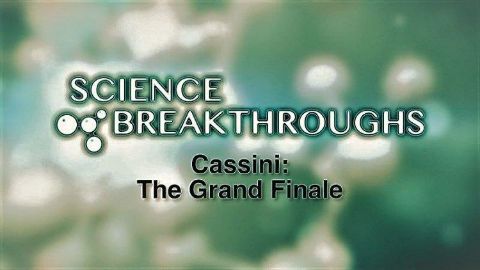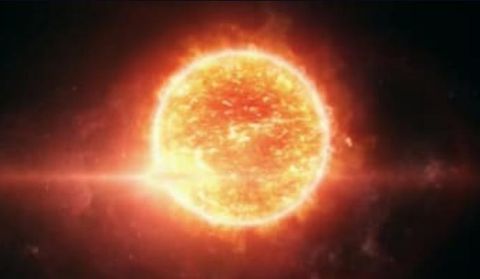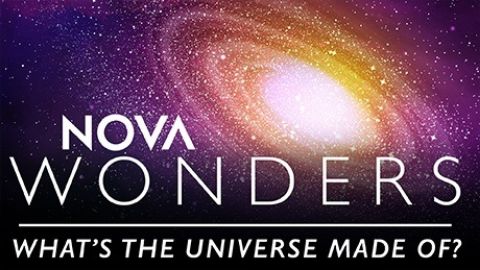Alien Planets Revealed
It’s a golden age for planet hunters: NASA's Kepler mission has identified more than 3,500 potential planets orbiting stars beyond our Sun. Some of them, like a planet called Kepler-22b, might even be able to harbor life. How did we come upon this distant planet? Combining startling animation with input from expert astrophysicists and astrobiologists, “Alien Planets Revealed” takes viewers on a journey along with the Kepler telescope. How does the telescope look for planets? How many of these planets are like our Earth? Will any of these planets be suitable for life as we know it? Bringing the creative power of veteran animators together with the latest discoveries in planet-hunting, “Alien Planets Revealed” shows the successes of the Kepler mission, taking us to planets beyond our solar system and providing a glimpse of creatures we might one day encounter.
Make a donation
Buy a brother a hot coffee? Or a cold beer?
Hope you're finding these documentaries fascinating and eye-opening. It's just me, working hard behind the scenes to bring you this enriching content.
Running and maintaining a website like this takes time and resources. That's why I'm reaching out to you. If you appreciate what I do and would like to support my efforts, would you consider "buying me a coffee"?
Donation addresses
BTC: bc1q8ldskxh4x9qnddhcrgcun8rtvddeldm2a07r2v
ETH: 0x5CCAAA1afc5c5D814129d99277dDb5A979672116
With your donation through , you can show your appreciation and help me keep this project going. Every contribution, no matter how small, makes a significant impact. It goes directly towards covering server costs.





